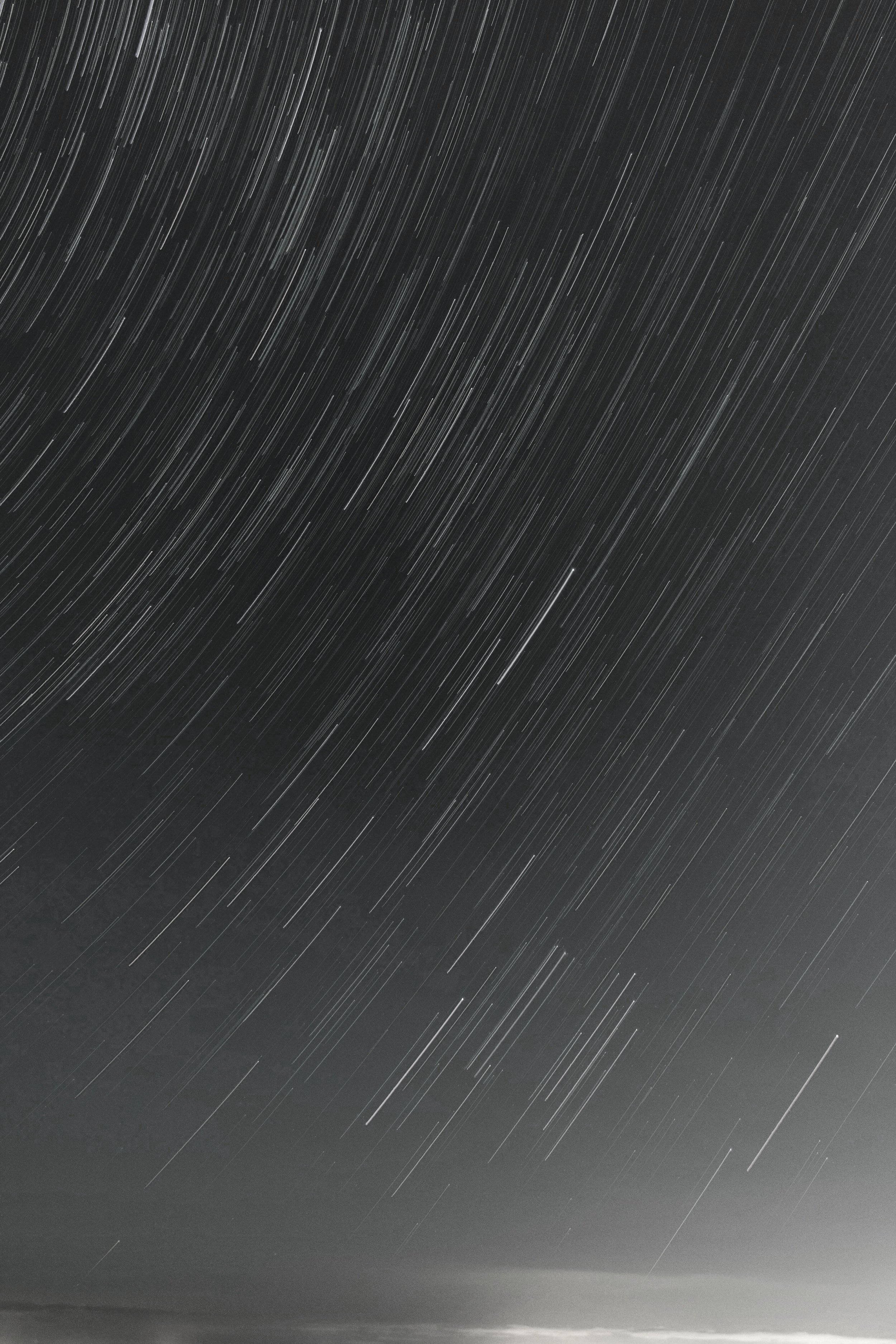
In the isolation of the Himalayas, the snows still fall, but they are tinged with the ash of a nuclear winter; the winds still blow, but they wail with the cry of ghosts. The seventh and final blast is near. As the world heaves its final breaths, the people of the Tibetan plateau—civilization’s final survivors—are haunted by spirits and terrorized by warlords. Though the last of the seven prophesied cataclysms is at hand, young Karma searches for a father who disappeared ten years earlier, presumed dead. Driven by a yearning to see his father again before the end, and called by an eerie horn unheard by anyone else, Karma forges into the Himalayas and discovers that his father’s disappearance may be linked to a mystical mountain said to connect the physical world with the spirit lands—and a possible way to save their doomed future.
Six suns, six blasts in the sky; a seventh one, and the earth will die. In the isolation of the Himalayas, the snows still fall, but they are tinged with the ash of a nuclear winter; the winds still blow, but they are haunted by the never-ending wail of ghosts. The seventh and final blast is coming.
Karma has grown up in the shadow of his father's disappearance, who set off promising to find salvation for his people but never returned. Shunned by his village, he jumps at the opportunity to redeem his father’s name and carry on his legacy—to search for the one remaining Mountain in a decimated range, which no one has ever seen, and the mystical Stone within it. If found, the Stone could offer his people a chance to change their bleak future, and avert the consequences of the seventh sun.
His trek across the beautiful, stark, and increasingly unstable wilderness draws the attention of dangerous figures who seek to use him for their own purposes—a warlord intent on growing his power, a nun on a pilgrimage to save the world, a despot linked to his father’s disappearance, and a shadowy beast bent on revenge. Meanwhile, the earth draws ever closer toward its end—along with the chance of ever seeing his father again.
Imbued with the lyricism and philosophical leanings of The Fifth Season and as compelling as Station Eleven or The Book of M, KARMA OF THE SUN challenges the assumption of the Western city as the last bastion of civilization, and brings forth new answers to old questions—about life after death, about the weight of sins of previous generations, about personal responsibility in the face of overwhelming odds.
Book Club Questions:
The vast majority of major world traditions predict a finality in the world’s timeline. Do you believe that the world is destined to end? How would growing up with a complete certitude about an impending apocalypse affect a young person’s values and actions?
For people who believe in reincarnation, how would the destruction of the earth affect not only those who are living, but those who have already passed?
Facing death is an apocalyptic event for any individual. Would you feel any differently if you were to face death alone versus simultaneously with all humanity?
Most books and movies about the apocalypse take place in western cities, where the changes between the pre and post-apocalyptic world are much more dramatic. In this book, the setting is a place that is already remote and sparsely occupied. How does this particular setting challenge your view of a changed world?
The novel features a pattern of people calling to one another—ghosts calling Karma’s father, horns calling Karma, and Karma calling others in the end to gather at the Mountain. Do you think Karma was the Lama referred to in the prophecy of the seventh sun all along, or was it an earned attainment? How does that conclusion comport with Karma’s statement that “we are all the sons and daughters of the Lama” on the one hand, and the apparent prophetic dreams and visions he has throughout the book on the other?
The Seeing Stone is said to be able to show any event in the past or present, but that certain people have the ability to go even further—not just to view the event, but to actually change it. How might viewing the past enable someone to change it? How might this alter the future?
The definition of “karma” in the western sense is much different than the eastern. After reading this book, how would you define the concept of karma? What is the relationship between karma and fate?
Karma begins his quest in the beginning through a desire to once again see his father. How does that goal change as the story progresses, and how does Karma change along with it?
Karma faces a lot of antagonistic forces throughout the story (e.g., the seventh sun, his uncle Urgyen, the Minister Hanumanda, the warlord Altan Khan, the migoi, even the nun Nima). What or who would you say was the greatest enemy or threat to him, and why?
A theme of the book is hope despite a doomed future. What do you think it is that gives Karma hope, and how is that hope tried and tested? Karma’s companions in the story are three women—his mother, Nima, and Dorje. How do each of these individuals affect Karma’s sense of hope in different ways?
